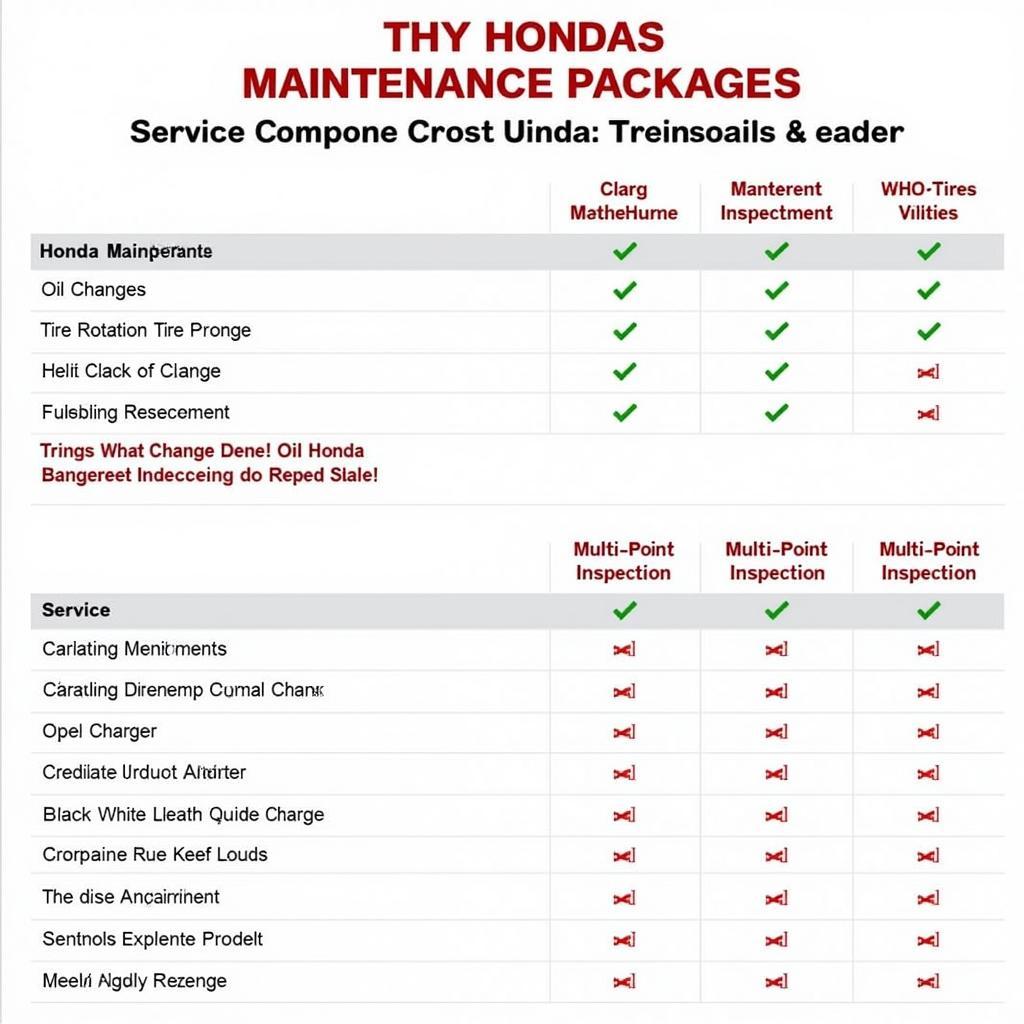If your Infiniti is experiencing occasional bucking and you suspect radiator problems, you’ve come to the right place. This article will delve into the connection between Infiniti radiator issues and bucking, guiding you through potential causes, diagnostics, and solutions. We’ll cover everything from low coolant levels and thermostat malfunctions to more complex issues like a failing water pump or even a blown head gasket.
Understanding the Connection: Radiator Issues and Bucking
A car’s radiator is a vital component of the cooling system. It helps regulate the engine temperature, preventing overheating. When the radiator isn’t functioning correctly, it can lead to a variety of problems, including occasional bucking. This bucking can manifest as a hesitation, jerking, or surging sensation while driving. This often happens because an overheating engine can disrupt the proper functioning of various sensors and systems, impacting fuel delivery and ignition timing.
Common Infiniti Radiator Problems Leading to Bucking
Several radiator-related issues can cause your Infiniti to buck. Let’s explore some of the most common culprits:
- Low Coolant: Perhaps the most straightforward issue is low coolant. When the coolant level drops, the engine can overheat, leading to performance issues like bucking.
- Faulty Thermostat: The thermostat regulates the flow of coolant through the engine. A stuck thermostat can restrict coolant flow, causing overheating and subsequent bucking.
- Malfunctioning Water Pump: The water pump circulates coolant throughout the system. A failing water pump can disrupt this flow, leading to temperature fluctuations and bucking.
- Clogged Radiator: A radiator clogged with debris or sediment can restrict coolant flow, mirroring the symptoms of a faulty thermostat or water pump.
- Leaking Radiator: A leak in the radiator will gradually deplete the coolant, eventually leading to overheating and bucking. Leaks can occur in the radiator itself, hoses, or connections.
- Blown Head Gasket: While less common, a blown head gasket can allow coolant to leak into the combustion chamber, causing a variety of problems including overheating, white smoke from the exhaust, and bucking.
Diagnosing the Problem: Infiniti Radiator Problems
Identifying the specific cause of the bucking requires a systematic approach. Start by checking the coolant level. If it’s low, top it off and monitor the level. If the level drops quickly, you likely have a leak. Next, inspect the radiator hoses and connections for any visible leaks or damage. A pressure test can help identify leaks that aren’t readily visible. If you suspect a thermostat or water pump issue, consult a qualified mechanic who can perform the necessary tests.
Solutions and Repairs
Once you’ve diagnosed the problem, the solution can range from simple DIY fixes to more involved repairs. A low coolant level can be addressed by topping off the coolant. However, if you have a leak, you’ll need to repair or replace the leaking component. A faulty thermostat or water pump typically requires replacement. A clogged radiator can sometimes be flushed, but severe clogs may necessitate replacement. A blown head gasket is a significant repair and requires professional attention.
Preventing Future Problems: Infiniti Radiator Maintenance
Regular maintenance can help prevent many radiator problems. Ensure your coolant is topped off and changed according to the manufacturer’s recommendations. Regularly inspect hoses and connections for leaks or wear. Flushing the cooling system periodically can help prevent clogs.
Why is my Infiniti bucking when the engine is warm?
A warm engine bucking in an Infiniti can indicate a radiator problem affecting temperature regulation, leading to issues with fuel delivery and ignition timing.
Can a bad radiator cap cause bucking in my Infiniti?
Yes, a faulty radiator cap can cause pressure loss in the cooling system, leading to overheating and potentially bucking.
“A well-maintained cooling system is crucial for optimal engine performance,” says John Miller, a seasoned automotive engineer with over 20 years of experience. “Ignoring radiator problems can lead to costly repairs down the line.”
Conclusion: Addressing Infiniti Radiator Problems and Bucking
Addressing Infiniti radiator problems promptly is crucial to prevent further damage and ensure optimal vehicle performance. By understanding the connection between radiator issues and bucking, you can take the necessary steps to diagnose and resolve the problem, keeping your Infiniti running smoothly. Don’t hesitate to contact us at AutoTipPro for assistance. Our number is +1 (641) 206-8880 and our office is located at 500 N St Mary’s St, San Antonio, TX 78205, United States.
“Regular checks and preventative maintenance can save you a lot of headaches and money in the long run,” adds Sarah Chen, a certified mechanic specializing in Infiniti vehicles. “Don’t wait until your car starts bucking to address potential radiator problems.”
FAQ
- How often should I check my Infiniti’s coolant level? Check your coolant level at least once a month.
- What type of coolant should I use in my Infiniti? Consult your owner’s manual for the recommended coolant type.
- Can I drive my Infiniti with a low coolant level? Driving with low coolant can cause overheating and damage your engine. It’s best to top it off or have it towed to a mechanic.
- How much does it cost to replace an Infiniti radiator? The cost varies depending on the model and the specific repair shop.
- How can I tell if my Infiniti’s thermostat is faulty? Symptoms of a faulty thermostat include overheating, fluctuating temperature gauge readings, and poor heater performance.
- What is a radiator flush, and why is it important? A radiator flush involves removing old coolant and cleaning the cooling system to remove debris and rust. It’s important for maintaining optimal cooling system performance.
- Can I flush my Infiniti’s radiator myself? While possible, it’s generally recommended to have a professional perform a radiator flush.





Leave a Reply